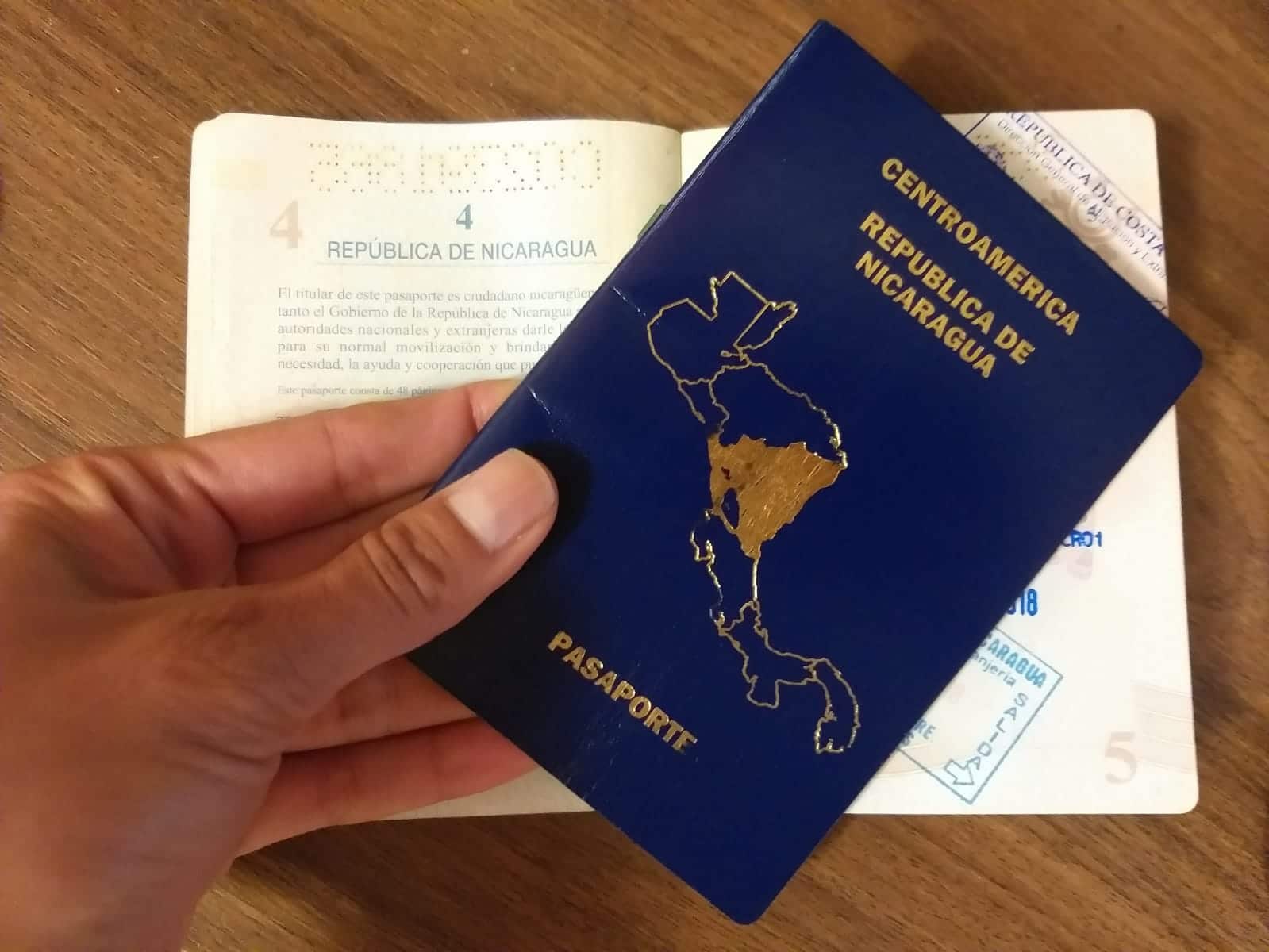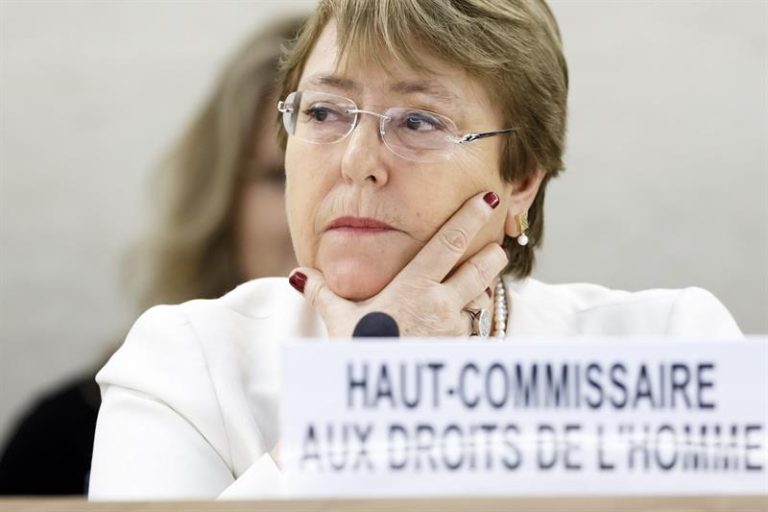21 de junio 2020

Nicaragua: Public Employees Hindered from Traveling to USA

PUBLICIDAD 1M
PUBLICIDAD 4D
PUBLICIDAD 5D
The High Commissioner for Human Rights should comprehensively monitor and report on human rights violations in Nicaragua

The arrests "clearly make it difficult to create a favorable atmosphere for maintaining the genuine and inclusive dialogue that the government says it".
Less than 48 hours after the Organization of American States (OAS) and the United States Senate prepared resolutions against Daniel Ortega’s regime, the United Nations Human Rights Council has reinforced the mandate, issued in 2019 to UN High Commissioner for Human Rights Michelle Bachelet, to follow up on Nicaragua, and prepare a comprehensive report on the human rights situation in the country.
That report is to include both progress and ongoing challenges and should be presented to the Council and debated among all member states.
Last week, OAS Secretary General Luis Almagro called a meeting to discuss the issue of Nicaragua in the Permanent Council. This happened at the same time as the US Senate approved a resolution calling for more pressure against the Ortega regime.
In the UN resolution on Nicaragua, approved Friday by the Council on Human Rights, the member nations condemned – once again – the serious human rights violations in the country, urging the Ortega government to stop the ongoing intimidation and reprisals against those who oppose the government.
The Council “calls on the Nicaraguan government to stop resorting to arbitrary arrests and detentions, unconditionally release all persons arbitrarily or illegally detained, respect due process guarantees, and ensure that the conditions in detention are adjusted to the Standard Minimum Rules for the Treatment of Prisoners and applicable human rights obligations and regulations”.
The resolution, which was approved 24-4, with 19 abstentions, also urges the Government to release all political prisoners, resume work with international human rights organizations and implement electoral reforms guaranteeing free and transparent elections.
The Human Rights Council also called on the Nicaraguan government to carry out the necessary electoral and institutional reforms, in order to “guarantee the holding of free, fair, transparent and credible elections in accordance with international standards”, with the presence of independent national and international electoral observers.
The Council urged the Government to resume the national dialogue as an eventual way out of the country’s socio-political crisis. This dialogue must be “broad, credible, representative, inclusive and transparent, in which all parties participate,” says the resolution.
In addition, the resolution demands the full implementation of the agreements reached between the Ortega government and the Civic Alliance for Justice and Democracy in March 2019. In these agreements, the Ortega government promises to release all political prisoners and restore those liberties that have been violated.
This Friday also saw the publication of the report 623 Days of Repression and Resistance: The Situation of Human Rights in Nicaragua, April 18, 2018 – December 31, 2019. In this report, the Nicaraguan Center for Human Rights (CENIDH) points out the different stages in which the Ortega government has imposed a permanent state of emergency.
The origin of the crisis, as described by CENIDH, was “the generalized repression against the citizen protests”, followed by “the imposition of a state of terror and clean up operations”, and “the criminalization of social protest and the selective detention of political opponents”, leading to “the prohibition of social protest, and desecration of graves”, and finally “the express kidnappings, torture and evidence of clandestine jails”.
The report was published following the approval of the resolution of the Human Rights Council as support for the oversight to be carried out by the High Commissioner, and coincides with more than two years of repression against the Nicaraguans who took part in the April 2018 rebellion.
The repression “carried out by the regime has led the country to high levels of citizen insecurity,” says the CENIDH document, which goes on to say that the regime has “ignored” the violence and invasions suffered by the indigenous peoples of the Caribbean Coast, the murders in rural areas, and violence against women, including femicides; stigmatization and criminalization of human rights defenders and journalists. The CENIDH report notes that all these crimes “have increased, are in total impunity, and have been exacerbated by the pandemic”.
Archivado como:
PUBLICIDAD 3M
Confidencial es un diario digital nicaragüense, de formato multimedia, fundado por Carlos F. Chamorro en junio de 1996.
PUBLICIDAD 3D